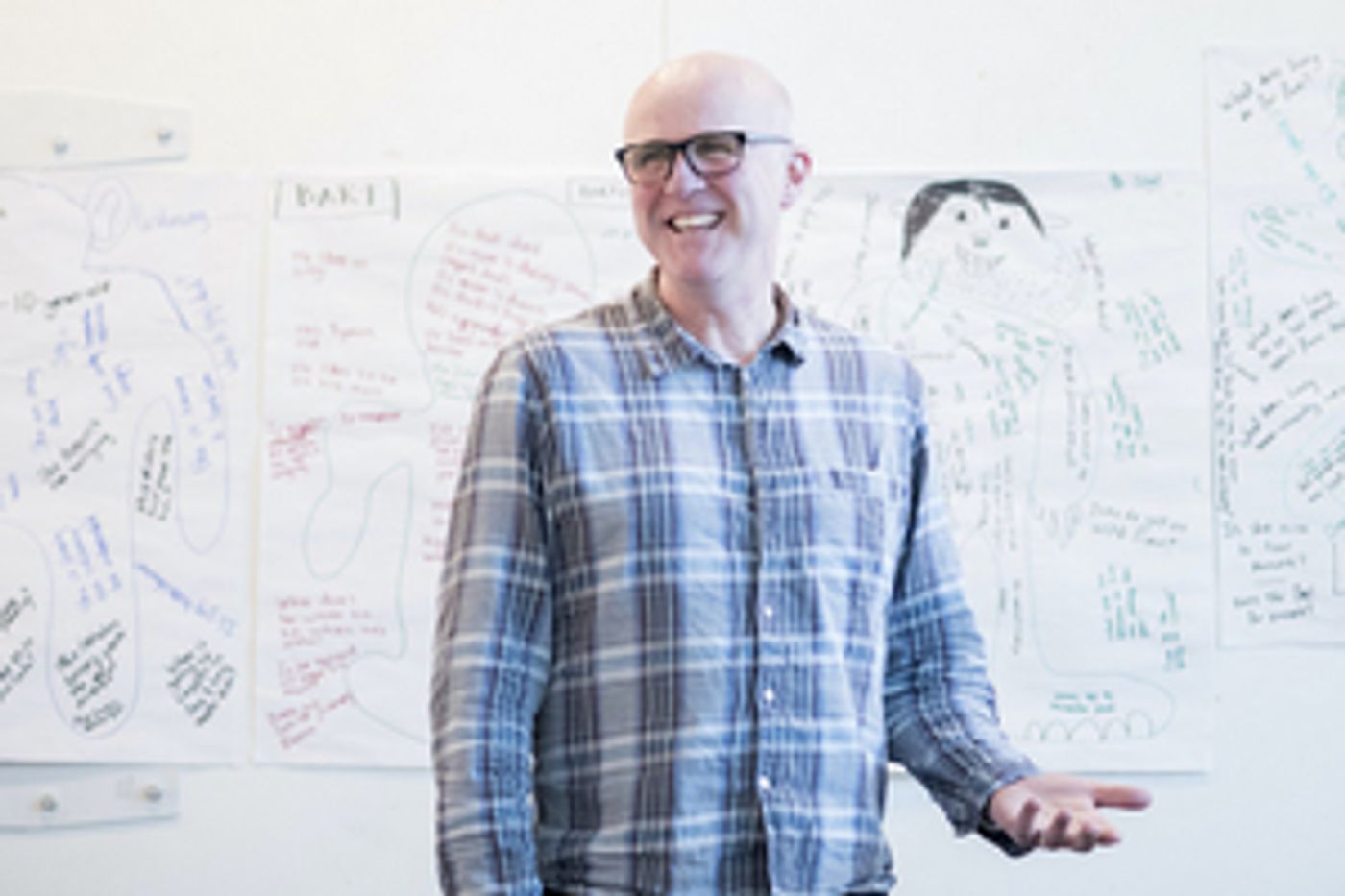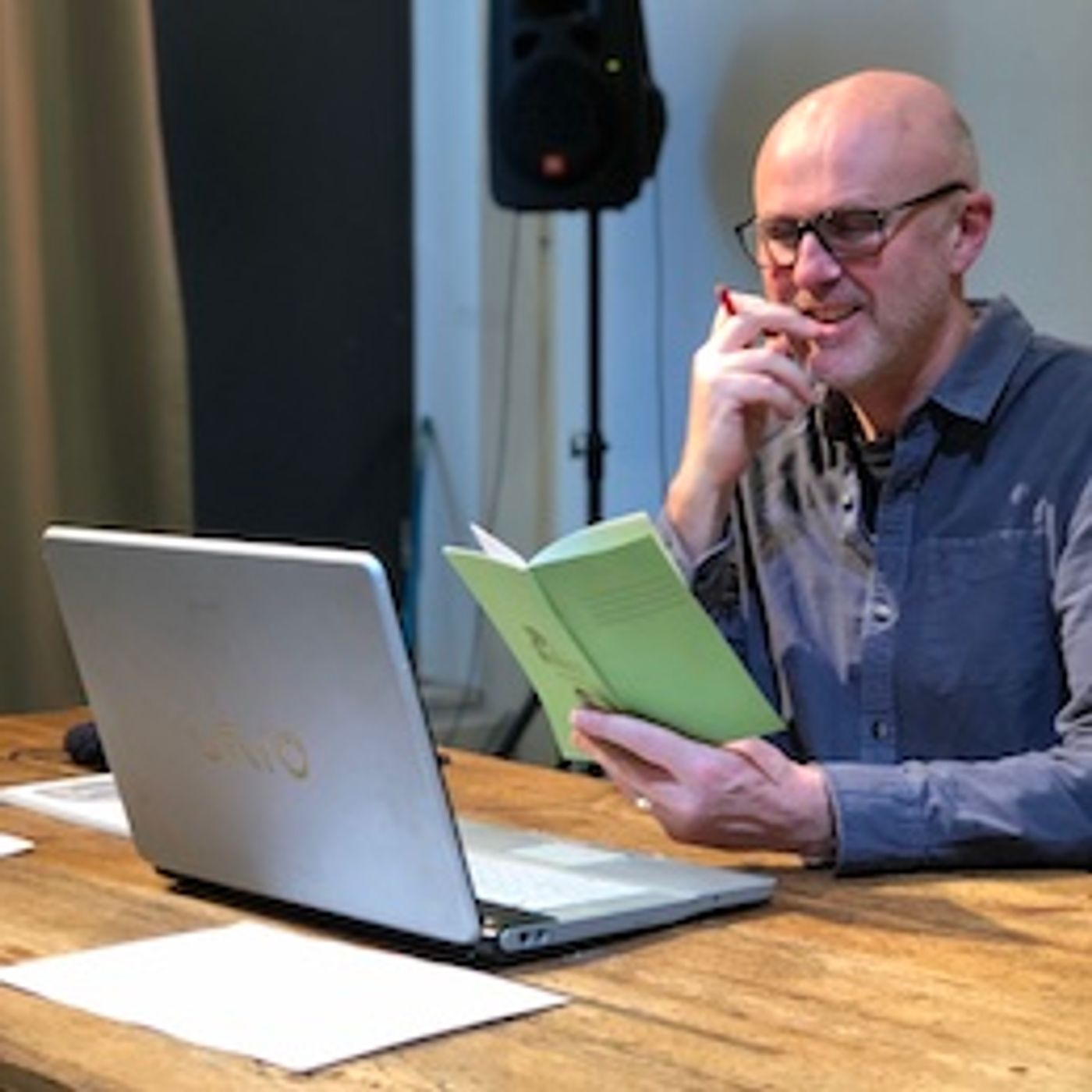Guest Blog: Tim Crouch On I, CINNA (THE POET) at the Unicorn Theatre

I, Cinna (the poet) is about words. Cinna believes in words. "Pictures are helpful," he says, "but words don't need a camera. Words are also pictures. They can change the world."
Here's a word that doesn't need a camera: misopedia. It means the hatred of children. I think we live in a fairly misopedic society - evidenced, in part, by the way we treat young people in our theatre culture. Maybe hatred is a little strong, but certainly disdain.
There are approximately 230 professional theatres in Greater London with a seating capacity of over 100,000. And yet there are only three theatres in London devoted to work for young audiences: Little Angel in Islington, Polka in Wimbledon, and the Unicorn in London Bridge.
There are brilliant companies making work for young people nationally, but the climate they operate in is getting colder. There was outrage in 2018 when Creative Scotland stripped Catherine Wheels and Visible Fictions (two internationally celebrated pioneers of theatre for young people) of their long-term funding - subsequently restored after a major campaign.
A tiny fraction of Arts Council England Portfolio organisations state as their area of activity work for young people. The Department for Digital, Culture, Media and Sport's 2018/19 Taking Part Survey reported that the proportion of 11- to 15-year-olds engaging with theatre either inside or outside school over the previous 12 months fell from 58.8% in 2017/18 to 50.7% in 2018/19.

The inference from all this is pretty stark: people under 18 don't count for much. Even though they constitute more than 20% of the UK population and are our lifeline to the future.
The situation is worsened by the culture inside the theatre industry itself. How many actors see plays for young audiences as being only a stepping stone to 'grown-up' work? This condescension is pervasive. When I was casting my play Beginners, I was explicitly told that some agents wouldn't even consider putting their clients up for a children's play. It's a vicious circle that fails to recognise young people as a legitimate audience.
This misopedia extends further. Since I started to write for theatre, I've had a parallel practice for young audiences alongside my work for adults. I've worked on as many plays for young people as I have for adults. That work is as significant to me as anything I do, but it receives a fraction of the critical attention. Getting the national media to cover young people's theatre is an uphill struggle - as though it exists as a subsidiary to the art form. Award categories are 'Best Play' and then 'Best Young People's Play' - as if the latter couldn't possibly also be the former.
This undervaluing is all the more depressing when you realise that theatre for young audiences contains the holy grail that all arts organisations strive for: inclusion. At the Unicorn Theatre, the make-up of the audience is almost utopian - people from every background, from every level of privilege, class, race, religion, who are seeing theatre for what is often the first time.
This is the model of audience diversity we dream of. We must sustain that model into the adult world and hold a society (and a culture) to account that rates creativity in the young so low and treats art for young people as secondary. Our response must be to make young people central in our industry - as subject, audience and participant.
I, Cinna (the poet) is at the Unicorn Theatre 5-29 February
Videos

